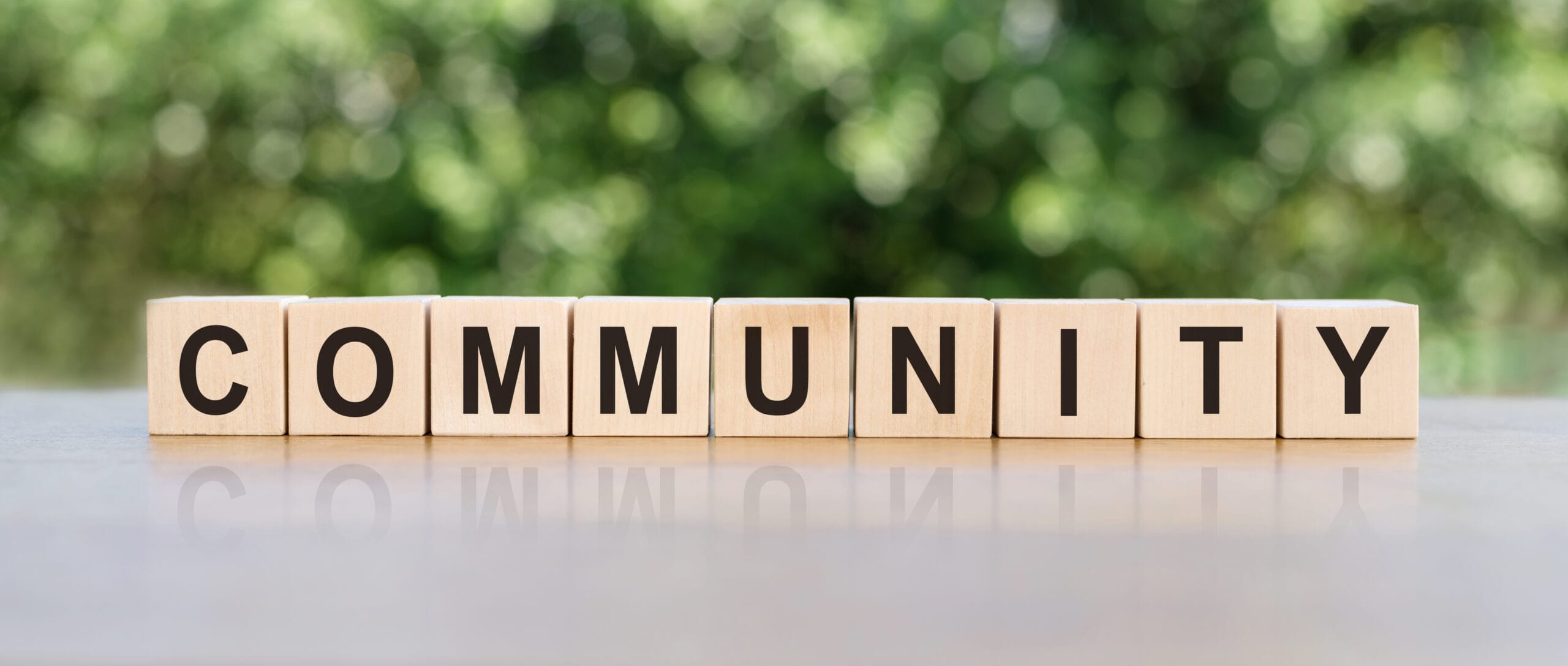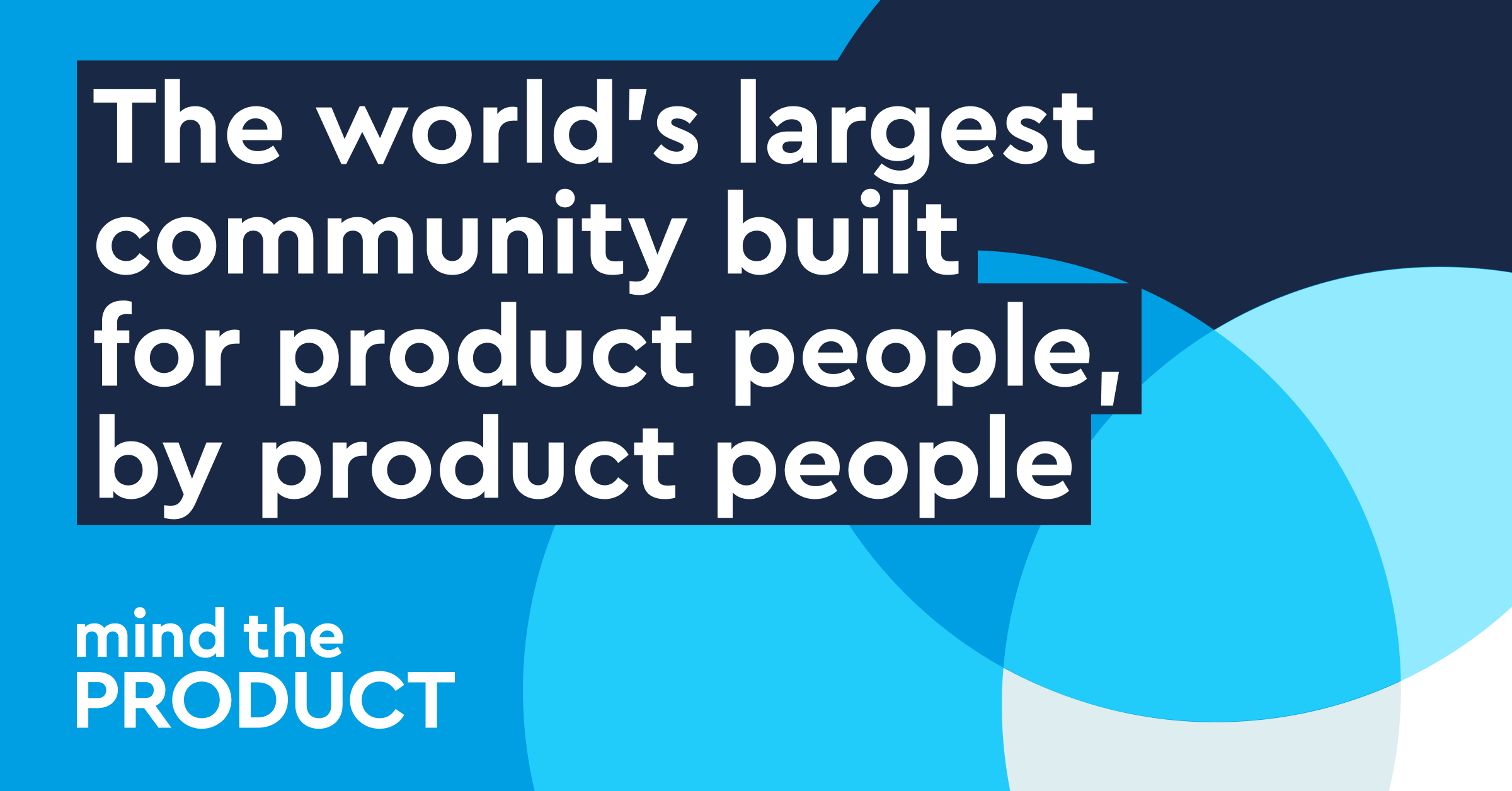The importance of B Corp certification
Butler/Till was introduced to the idea of becoming a B Corp in 2015 when we acquired a small marketing consultancy that did a lot of work in the energy space. Being a B Corp was really important to those employees, and with just a little bit of homework, we realized that the values involved in the certification process were the same values we’d woven into our DNA since our founding. The B Corp designation has become a kind of shorthand for a purpose-driven company that balances profits with people and the planet. The designation is not 100% altruistic, nor should it be. B Corps are for-profit companies that believe you can do business for good and that your employees, your clients, and your business all benefit when you do. We are just finishing up the recertification process, which is required every three years. While it can be a challenging process, it pushes us to reevaluate our commitment to corporate social responsibility across five areas: community, governance, customers, environment, and workers. At Butler/Till, this is not a top-down process; it is spearheaded by a dedicated committee of employees who want to ensure we stay true to our values every day. The problem with B Corp certification In recent years, B Corp certification has come under fire from within the community. In 2022, a group of B Corp organizations sent an open letter to B Lab, the nonprofit organization behind the process, protesting the certification of a multinational company with a history of child labor issues and anti-environmental practices. The letter pointed out flaws in the certification process, suggesting it had become susceptible to exploitation for greenwashing purposes and demanding changes. In response, B Lab acknowledged these concerns and published a set of new rules in April to rectify the situation. While the rewriting of these rules took longer than expected, Dr. Bronner’s—one of the companies that signed the letter in 2022—decided not to wait. Earlier this year, the company publicly announced it would be relinquishing its B Corp status when it expires near the end of 2025 and that it would be taking the B Corp logo off of its products. The founders explained, “Sharing the same logo and messaging regarding being of “benefit” to the world with large multinational CPG companies with a history of serious ecological and labor issues, and no comprehensive or credible eco-social certification of supply chains, is unacceptable to us.” I applaud their conviction for a just and sustainable planet, but I think their decision to denounce the system rather than stay and fix it is shortsighted. The letter pointed to other highly successful companies committed to justice and sustainability, notably Patagonia and Ben & Jerry’s, as examples of those doing it right. The not-so-subtle message here is that the 8,000+ companies that have invested the time and resources to become certified B Corps are not doing it right or not doing enough. Work together to do good This “you can’t be us” message is the opposite of the inclusivity organizations seek when they commit to becoming a B Corp. We’re in a moment in this country when companies face backlash for DEI efforts, and the need for corporate social responsibility of any kind is being questioned. This is not the time to give up on efforts to do business in a better way. If anything, employees need us to lean in more than ever. The B Corp values of working together to do good are engraved into our ethos. We make a conscious effort to create an environment where people get to do their best work, feel fulfilled, acknowledged, and respected, and earn a good living doing it. We are also a 100% ESOP (Employee Stock Ownership Plan), meaning that the company is fully employee-owned. This keeps us independent and allows us to make decisions that are truly in the best interest of our clients and also happen to be in the best interests of our employee-owners. We’ve also committed to spending a certain portion of our dollars with like-minded, minority-owned, women-owned businesses, including other B Corps and other ESOPs. Social good is ingrained in everything we do. B Corp certification helps us solidify and display that commitment to our employees, our clients, our partners, and our community. Giving that up because the process is not perfect would be steps backward versus forward. Throwing away certification isn’t the answer It’s easy to call people out—it’s practically all anyone does on social media these days—but purity tests aren’t useful. B Lab’s process may certainly be flawed. Companies are scored in each area, and then the results are averaged. This means a low score in one area, like customers or governance, could be essentially ignored if the scores in other areas were high enough. I certainly hope that B Lab’s new rules fix this glaring error in calculation, but throwing the certification away entirely is not the answer. The truth is tha

Butler/Till was introduced to the idea of becoming a B Corp in 2015 when we acquired a small marketing consultancy that did a lot of work in the energy space. Being a B Corp was really important to those employees, and with just a little bit of homework, we realized that the values involved in the certification process were the same values we’d woven into our DNA since our founding.
The B Corp designation has become a kind of shorthand for a purpose-driven company that balances profits with people and the planet. The designation is not 100% altruistic, nor should it be. B Corps are for-profit companies that believe you can do business for good and that your employees, your clients, and your business all benefit when you do.
We are just finishing up the recertification process, which is required every three years. While it can be a challenging process, it pushes us to reevaluate our commitment to corporate social responsibility across five areas: community, governance, customers, environment, and workers. At Butler/Till, this is not a top-down process; it is spearheaded by a dedicated committee of employees who want to ensure we stay true to our values every day.
The problem with B Corp certification
In recent years, B Corp certification has come under fire from within the community. In 2022, a group of B Corp organizations sent an open letter to B Lab, the nonprofit organization behind the process, protesting the certification of a multinational company with a history of child labor issues and anti-environmental practices. The letter pointed out flaws in the certification process, suggesting it had become susceptible to exploitation for greenwashing purposes and demanding changes. In response, B Lab acknowledged these concerns and published a set of new rules in April to rectify the situation.
While the rewriting of these rules took longer than expected, Dr. Bronner’s—one of the companies that signed the letter in 2022—decided not to wait. Earlier this year, the company publicly announced it would be relinquishing its B Corp status when it expires near the end of 2025 and that it would be taking the B Corp logo off of its products. The founders explained, “Sharing the same logo and messaging regarding being of “benefit” to the world with large multinational CPG companies with a history of serious ecological and labor issues, and no comprehensive or credible eco-social certification of supply chains, is unacceptable to us.”
I applaud their conviction for a just and sustainable planet, but I think their decision to denounce the system rather than stay and fix it is shortsighted. The letter pointed to other highly successful companies committed to justice and sustainability, notably Patagonia and Ben & Jerry’s, as examples of those doing it right. The not-so-subtle message here is that the 8,000+ companies that have invested the time and resources to become certified B Corps are not doing it right or not doing enough.
Work together to do good
This “you can’t be us” message is the opposite of the inclusivity organizations seek when they commit to becoming a B Corp. We’re in a moment in this country when companies face backlash for DEI efforts, and the need for corporate social responsibility of any kind is being questioned. This is not the time to give up on efforts to do business in a better way. If anything, employees need us to lean in more than ever.
The B Corp values of working together to do good are engraved into our ethos. We make a conscious effort to create an environment where people get to do their best work, feel fulfilled, acknowledged, and respected, and earn a good living doing it.
We are also a 100% ESOP (Employee Stock Ownership Plan), meaning that the company is fully employee-owned. This keeps us independent and allows us to make decisions that are truly in the best interest of our clients and also happen to be in the best interests of our employee-owners. We’ve also committed to spending a certain portion of our dollars with like-minded, minority-owned, women-owned businesses, including other B Corps and other ESOPs.
Social good is ingrained in everything we do. B Corp certification helps us solidify and display that commitment to our employees, our clients, our partners, and our community. Giving that up because the process is not perfect would be steps backward versus forward.
Throwing away certification isn’t the answer
It’s easy to call people out—it’s practically all anyone does on social media these days—but purity tests aren’t useful. B Lab’s process may certainly be flawed. Companies are scored in each area, and then the results are averaged. This means a low score in one area, like customers or governance, could be essentially ignored if the scores in other areas were high enough. I certainly hope that B Lab’s new rules fix this glaring error in calculation, but throwing the certification away entirely is not the answer.
The truth is that most companies do not meet the existing metric. Isn’t it better to call them in versus out and give them something to strive for than to declare that there’s a small club of pure companies out there that they can never belong to, even if they try?
Kimberly Jones is CEO of Butler/Till.
















































































































































